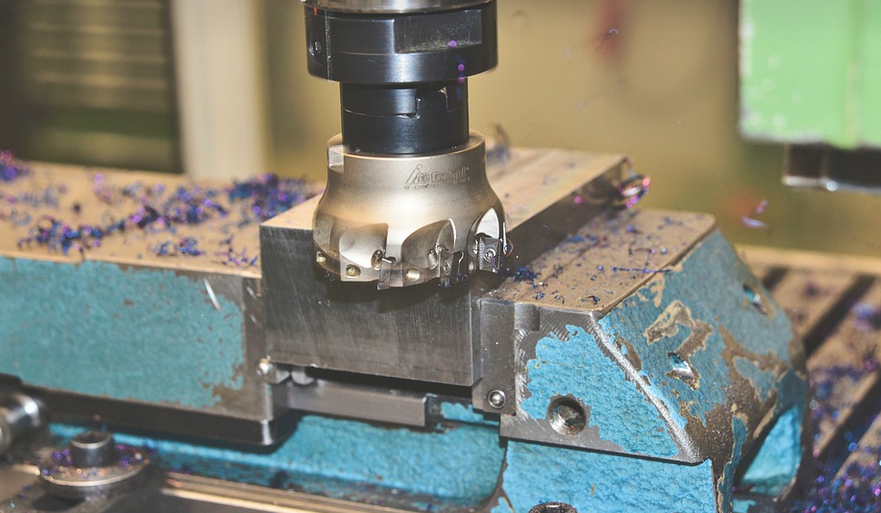Why Your Wheels Are Grinding, and How Much it Might Cost You
Let’s face it, nobody likes the sound of their wheels grinding against the pavement. It signals potential trouble, often a worn-out wheel bearing. These little heroes of our vehicles are responsible for smooth rotation, and when they wear out, things get messy – literally! A rough ride becomes a bumpy one, and your car’s performance suffers.
So, what exactly causes these “grinding” issues? Well, it’s mostly due to friction. Over time, the rotating components of a wheel bearing experience wear and tear. This leads to reduced efficiency, increased noise, and eventually, a complete breakdown.
The Breakdown: Prices for Repairing Wheel Bearings
The cost of fixing your wheel bearings can vary quite a bit depending on several factors. These include the severity of the problem, the vehicle’s make and model, and the specific parts that need replacing. It’s like getting a custom-made pizza – you’d choose different ingredients for each person’s taste, right?
Let’s dive into the potential costs:
- Basic Diagnosis: This is often the first step and involves inspecting your car, listening to the sound of the bearings, and sometimes using a sensor to detect wear. Expect to pay anywhere from $50 to $150 for this.
- Bearing Replacement: If the bearings themselves are worn out, replacing them is typically the most costly part. For front wheel bearings, expect to pay around $250 to $600 per side. Rear wheel bearing replacements can range from $300 to $800 per side.
- Labor Costs: Don’t forget about labor! Getting your wheel bearings fixed by a mechanic will involve some time and effort. Depending on the shop, you might expect to pay an additional $50 to $200 for labor.
Things that can Influence the Price
As mentioned earlier, several factors can influence the overall cost:
- Vehicle Make and Model: Some vehicles have more intricate designs than others, impacting repair complexity.
- Type of Repair Needed: Simple replacements versus complex machining might affect price.
- Shop Location: Prices vary based on location and demand in specific regions.
Getting the Best Deal
Want to keep your wallet happy? Here’s how you can negotiate for the best possible deal:
- Get Quotes: Contact several repair shops and get quotes. This helps in comparing prices and understanding the scope of work.
- Ask About Rebates/Discounts: Some shops offer discounts for customers or early bookings. Don’t be shy to inquire about any promotional offers.
- Go DIY (If You’re Confident): In some situations, replacing your wheel bearings yourself could save money, though it does require mechanical skills and the right tools.
Maintenance is Key: Prolonging Your Wheel Bearings
Prevention is always better than cure, right? Keeping those wheels well-maintained can significantly prolong their lifespan. Remember these tips:
- Regular Checks: Periodic inspections of your car’s wheel bearings can help spot potential problems early on.
- Proper Lubrication: Correct lubrication helps to reduce friction and slow down wear.
- Avoid Overloading: Limiting unnecessary weight puts less strain on your car’s components, including the wheel bearings.
The Bottom Line
The cost to fix worn-out wheel bearings varies depending on several factors. In most cases, expect to pay between $250 and $800 per side for a replacement, plus labor costs and potential diagnostic fees.
By understanding the average repair costs, knowing the factors influencing prices, and implementing preventive measures, you can keep your wheels running smoothly and avoid unexpected breakdowns. Remember, regular maintenance is key to keeping your car’s wheel bearings happy!
